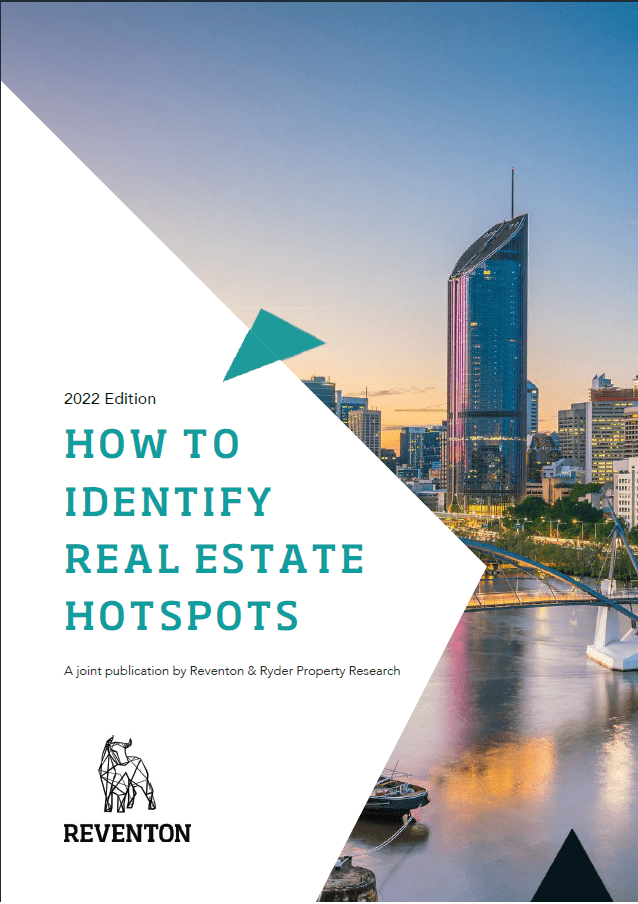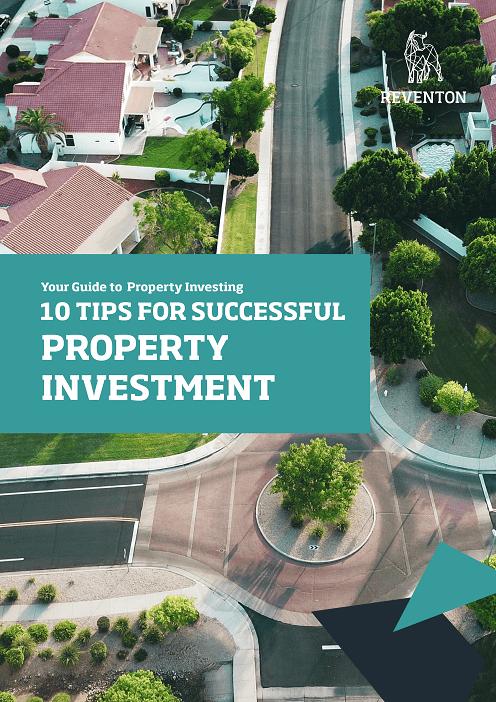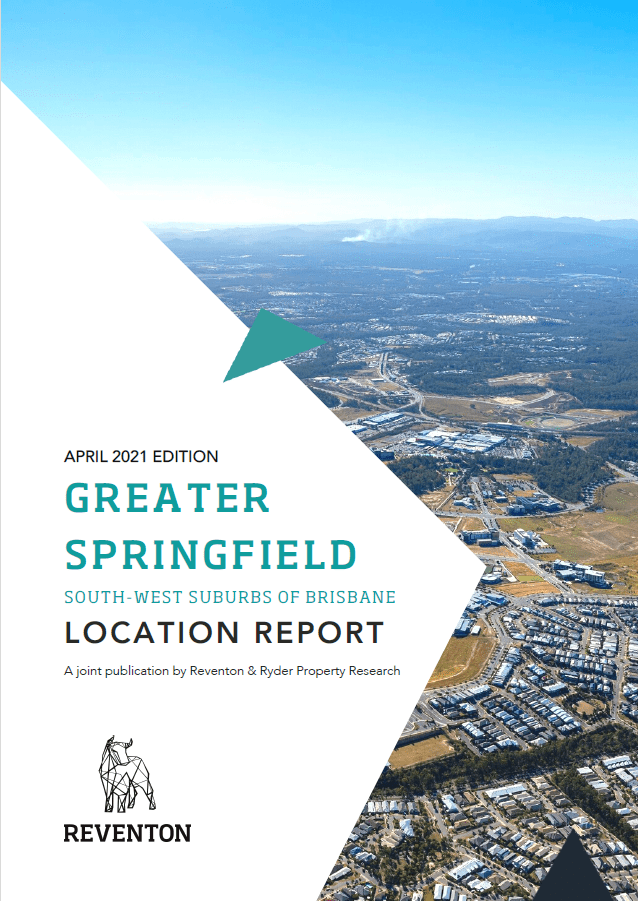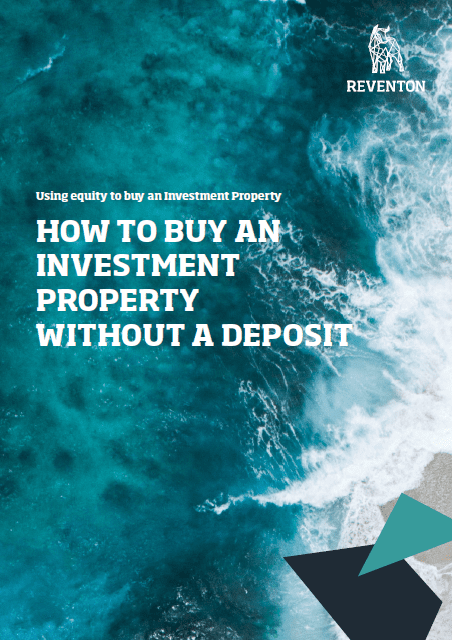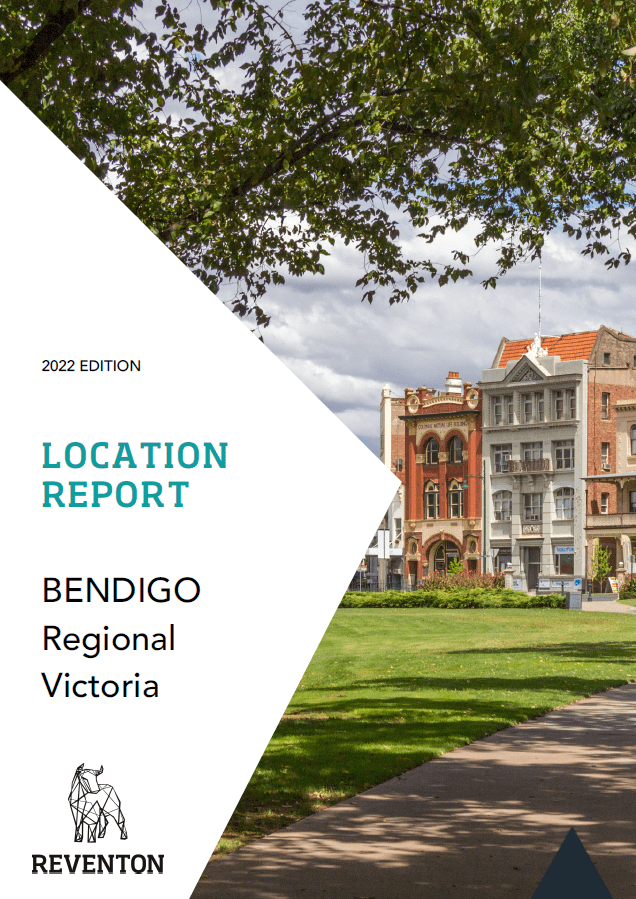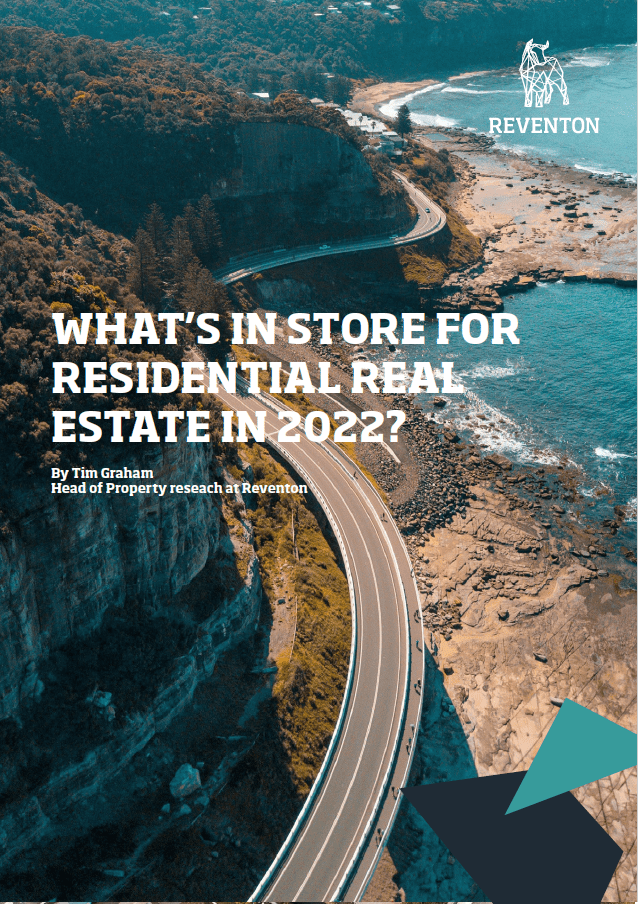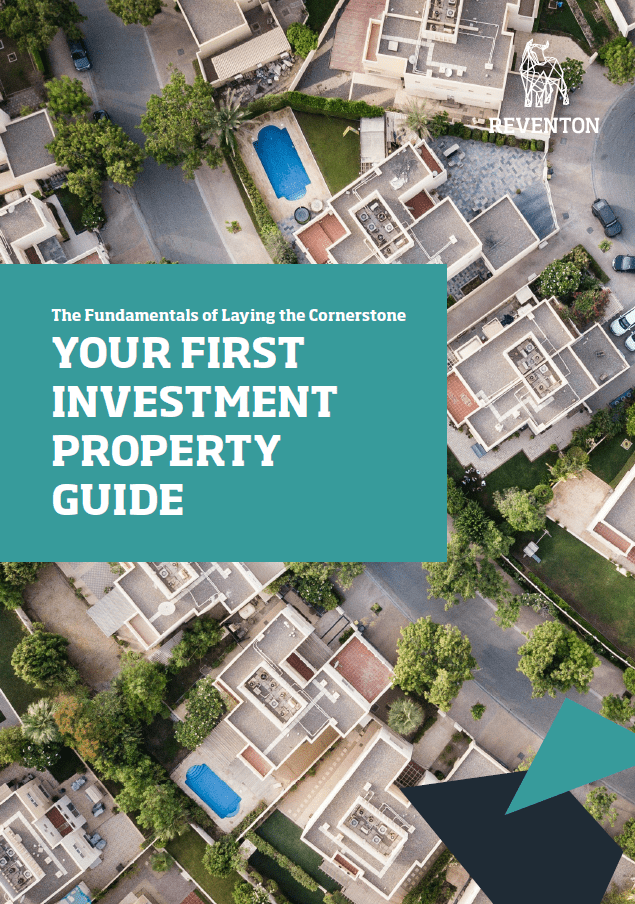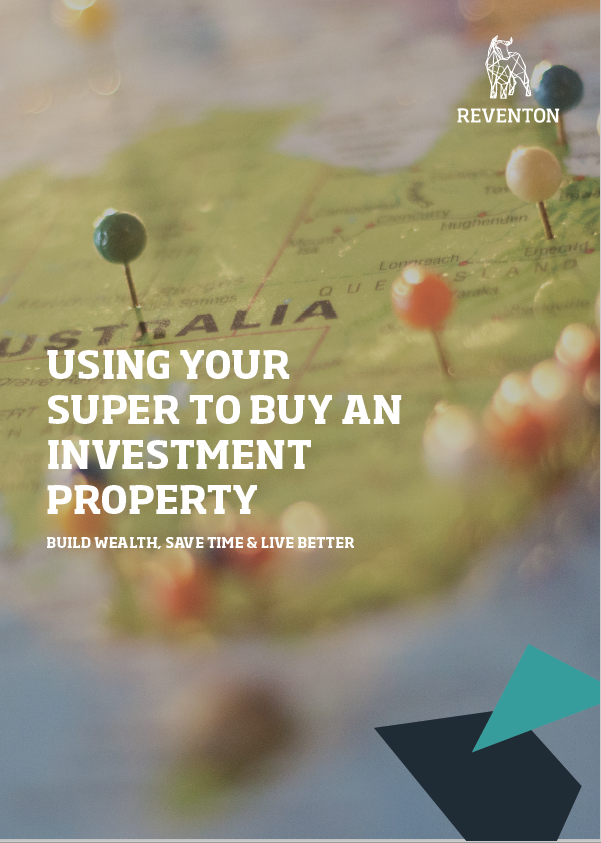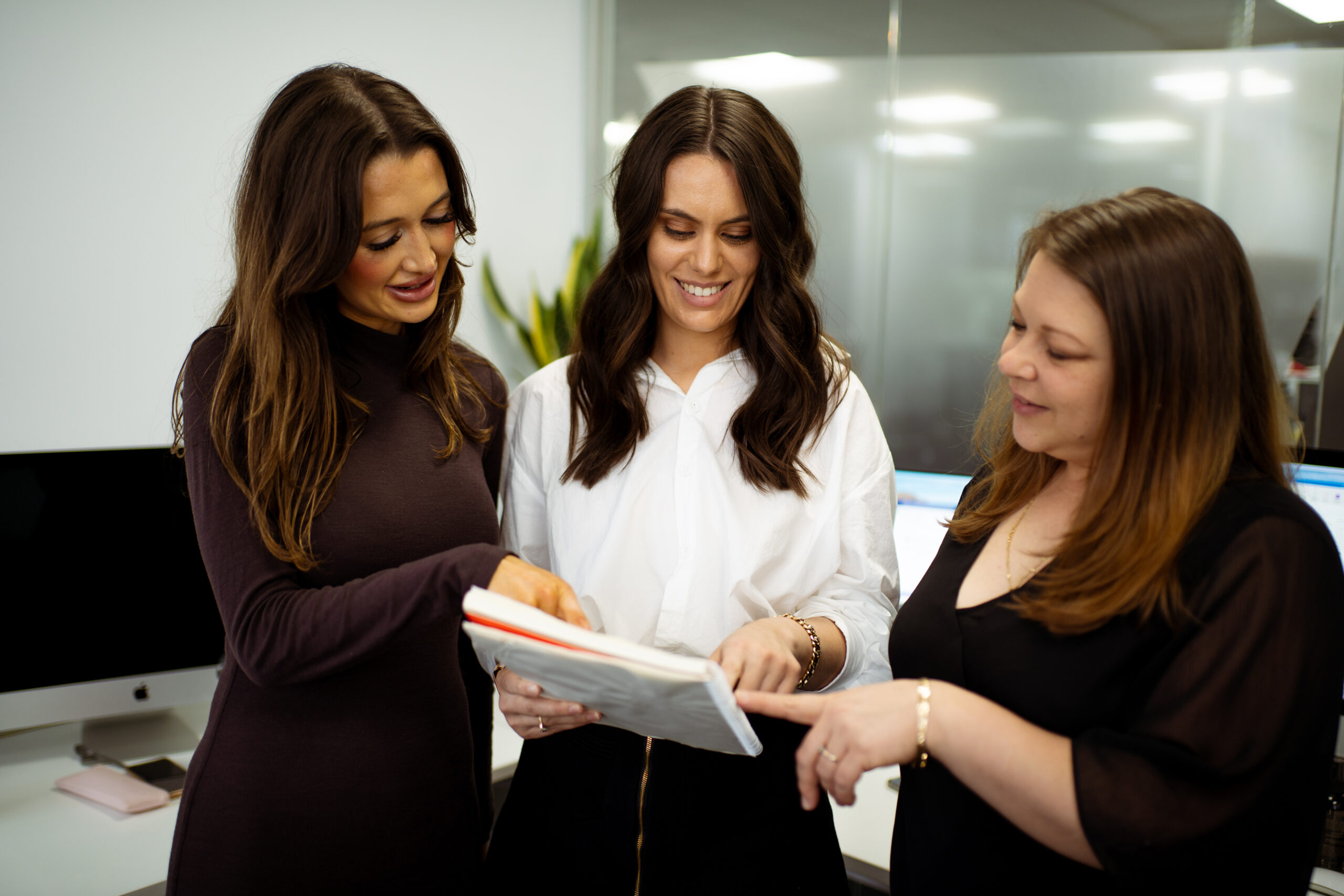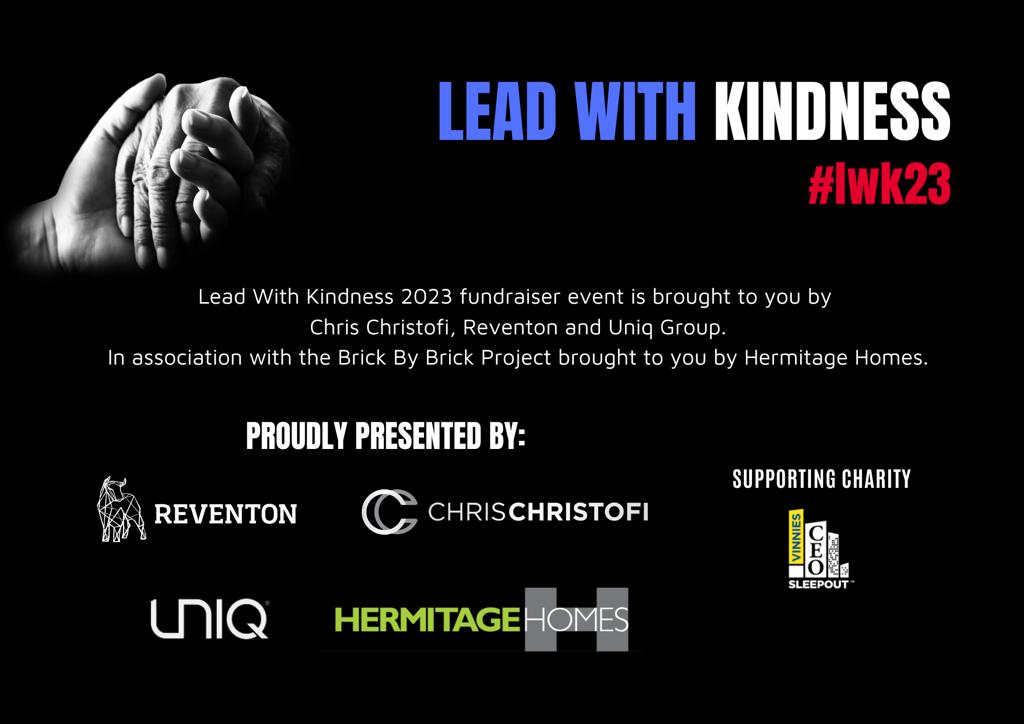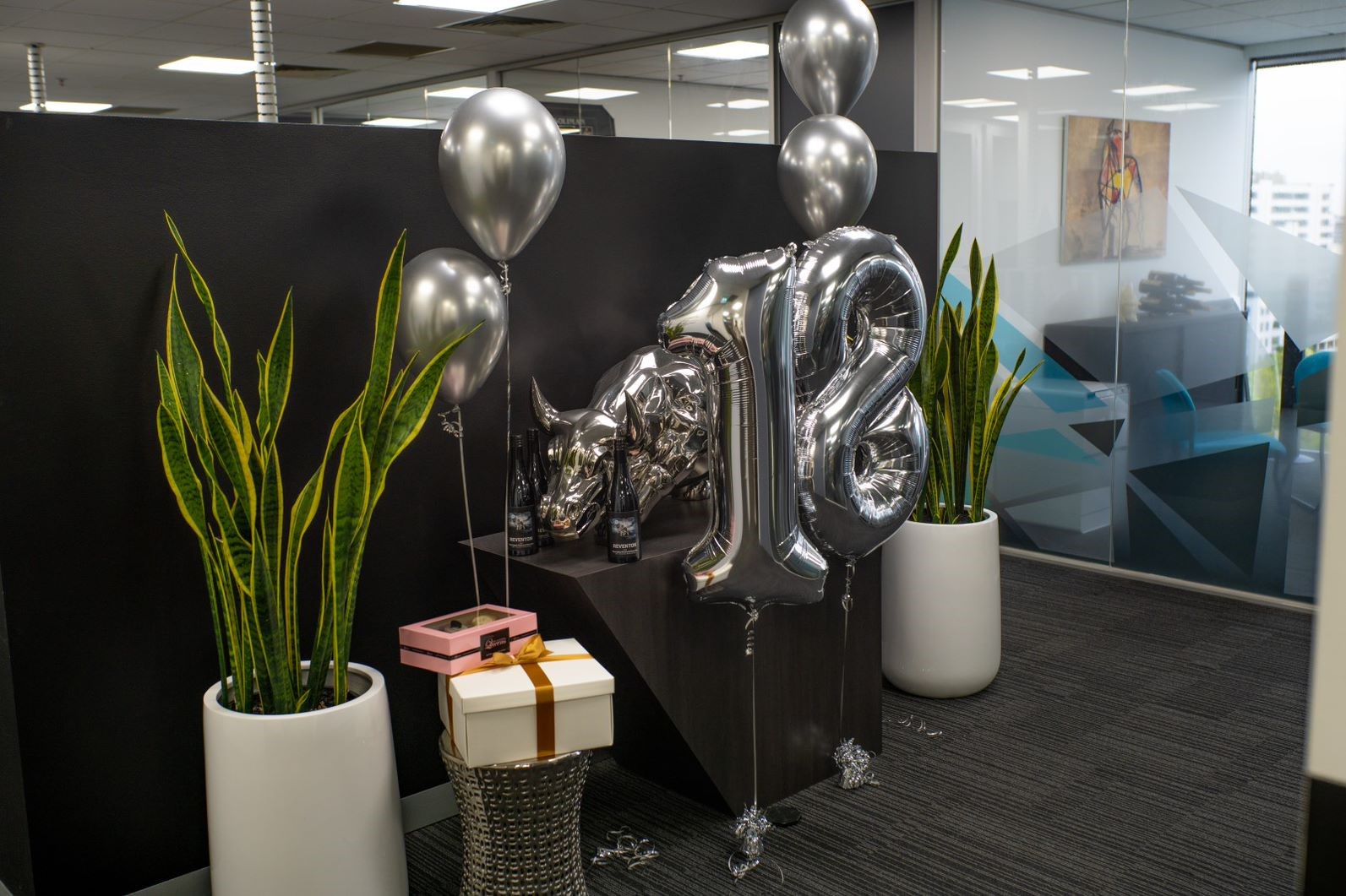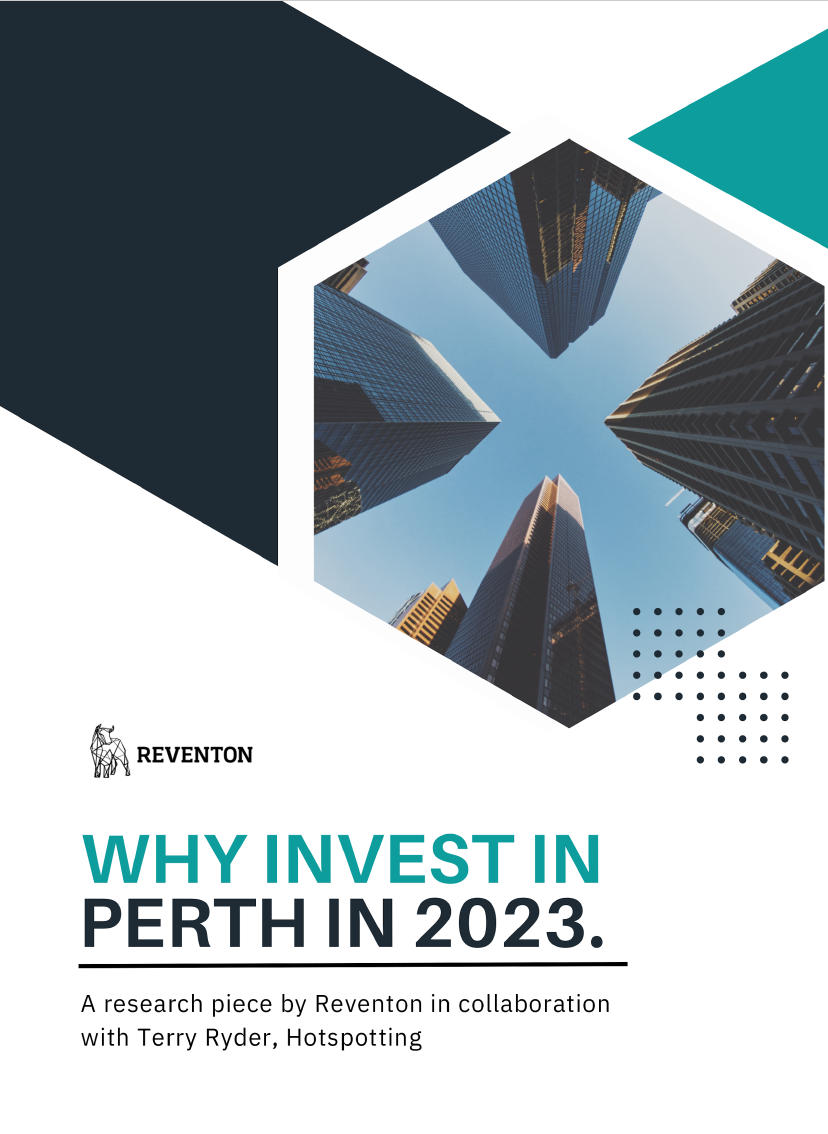Consumers Reject Negative Forecasts
Despite daily media articles declaring that property prices are set to fall 15% or 20% or more, most Australians don’t believe it.
That’s according to the latest Finder Consumer Sentiment Tracker, which sought consumers’ views on the direction of house prices in the next 12 months.
Even in Sydney and Melbourne, where some economists and commentators have declared prices to be falling already, only about 20% of consumers believe prices in their local area will fall in the next 12 months.
In Sydney, 50% believe prices will rise and another 28% suggest there will be no change.
In Melbourne, 56% expect property prices to increase and 25% expect them to stay the same.
Consumers are even more bullish about house prices in Perth, Adelaide and Brisbane. In Brisbane, 63% expect prices to rise and 23% expect no change. Only 14% expect prices to decline. In Perth, 58% expect price increases and 29% foresee no change to house values. Only 13% expect prices to fall.
94% Of Sellers Make A Profit
The number of properties selling for more than the owners initially paid may have fallen slightly in the past quarter, but overwhelmingly sellers are still coming out on top.
CoreLogic’s latest Pain & Gain Report, which analysed about 106,000 property resales in the March 2022 Quarter, recorded a 0.3 percentage point decline in the number of profit-making sales nationally – but the level of gains increased in 10 of the 15 market jurisdictions.
CoreLogic’s Head of Research Eliza Owen says 93.7% of sales are still at a profit.
Median gains nationally are $290,000, with Sydney sellers recording the biggest median gain of $415,000 and Perth the lowest at a still-healthy $119,000.
For those who lost out on a sale, the median loss was $33,000.
“Our analysis shows the median hold period nationally is nine years,” Owens says.
“Since then, Australian dwelling values have increased 70.3% or the equivalent of around $309,000 in the median dwelling value across Australia.
Unemployment Sits At Historic Low
Unemployment figures continue to sit at historic lows with another 60,000 people employed last month.
The latest Australian Bureau of Statistics figures show the unemployment rate remains at 3.9% for the third consecutive month.
At the same time, the under-employment rate dropped to a 14-year low, at 5.7%.
The ABS says average employment growth over the past three months continues to be stronger than the pre-pandemic levels.
ABS head of labour statistics Bjorn Jarvis says the participation rate – people in work or looking for employment – also reached a record high of 66.7%.
“For the first time ever, more than two out of three Australians aged 15 and over were participating in the labour force,” Jarvis says.
The Australian Chamber of Commerce and Industry’s Andrew McKellar says Australian businesses are facing the second-worst workforce shortages in the OECD.
BIS Oxford Economics’ Sean Langcake says the low unemployment rate will add to wage pressures.
Australia has 13mil spare bedrooms
New figures show there are 13 million spare bedrooms in Australia despite the massive rental crisis.
The Survey of Income and Housing figures show two-thirds of those rooms are in houses with only a couple or a single person living in them.
It predicts the number of “vacant” rooms will continue to rise as a result of Australia’s ageing population holding on to “empty nests” with little incentive to downsize.
The Centre for Independent Studies chief economist Peter Tulip says changes to stamp duty could relieve some of the financial disincentives to downsizing.
“Tax on [property] turnover means people are in houses that don’t suit their circumstance,” he says. “So, we would get a better allocation of houses if we replace stamp duty with land tax.”
He says removing the family home exemption from the aged pension asset test could also help.
Demographics Group’s Simon Kuestenmacher says many delay downsizing because they prefer to age at home rather than enter aged care.
NSW Begins To Scrap Stamp Duty
First-home buyers in NSW will have a choice of paying upfront stamp duty or switching to an annual land tax, as the State Government starts a promised overhaul of transfer tax for residential property sales.
In a trend that is gaining momentum nationwide, NSW first-home buyers who choose not to pay stamp duty on the sale price at the point of purchase will instead pay a land tax fixed at 0.3% of the assessed land value plus $400 every year.
Premier Dominic Perrottet says the measure will make home ownership more affordable for FHBs and let more younger buyers enter the market as upfront costs will reduce.
For a home with a $1m land value, homebuyers opting for land tax would be exempt from $45,000 in stamp duty in favour of paying a $3,400 land tax a year.
The land tax “opt-in” scheme will spread some of a load of upfront housing costs – providing homebuyers accept they face an indefinite annual tax on the family residence.
QUOTE OF THE WEEK:
Centre for Independent Studies chief economist Peter Tulip:
“Tax on [property] turnover means people are in houses that don’t suit their circumstances. So, we would get a better allocation of houses if we replace stamp duty with land tax.”
Want more?
- Access the latest property and finance news, articles and videos
- Meet the Reventon team
- Learn more about our services
Thinking of buying an investment property? Book a free consultation with a Reventon property advisor today!
Talk to the Reventon team and we’ll give you all the guidance you need to be a successful at investing your money.

